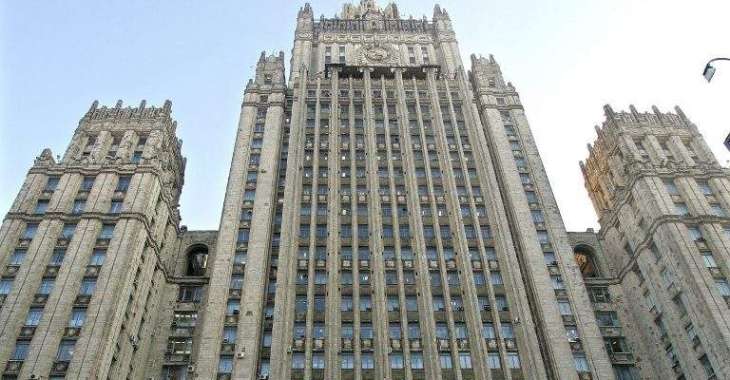A Russian correspondent from the Izvestiya newspaper was prevented entry to Latvia, with the Baltic country citing that his Schengen visa has been canceled on the request of Estonia, the newspaper told RIA Novosti on Monday
MOSCOW (Pakistan Point News / Sputnik - 24th February, 2020) A Russian correspondent from the Izvestiya newspaper was prevented entry to Latvia, with the Baltic country citing that his Schengen visa has been canceled on the request of Estonia, the newspaper told RIA Novosti on Monday.
"Latvia did not allow entry [to the Izvestiya journalist]. His Schengen visa was canceled at the request of Estonia. We will later clarify the reasons and details," the newspaper stated.
The journalist, Andrey Zakharov, will be denied entry to the European Union for three years, the newspaper reported.
"The editors will send requests to the Estonian authorities and the Russian Foreign Minister to clarify the situation," the newspaper stated.
Zakharov flew from St. Petersburg to Riga on Monday morning, but was detained upon landing by immigration officials from the Baltic country, the newspaper reported, citing the journalist.
"At passport control, my passport was taken away, I was taken to a separate office and was told that I have been denied entry to Schengen countries for three years," Zakharov stated, as quoted by the newspaper.
According to the newspaper, Zakharov remains in an isolated part of Riga International Airport.
Monday's incident is the latest in a series of incidents that have seen Russian journalists face pressure in the Baltic region. On January 31, Yulia Shatilova from Russia's Zvezda broadcaster was detained at Vilnius International Airport in Lithuania, after being informed that her Schengen visa had been canceled on Latvia's request.�
Employees of Sputnik Estonia were forced to terminate their contracts starting from January 1, after receiving threats of jail terms of up to five years from Estonian authorities.




